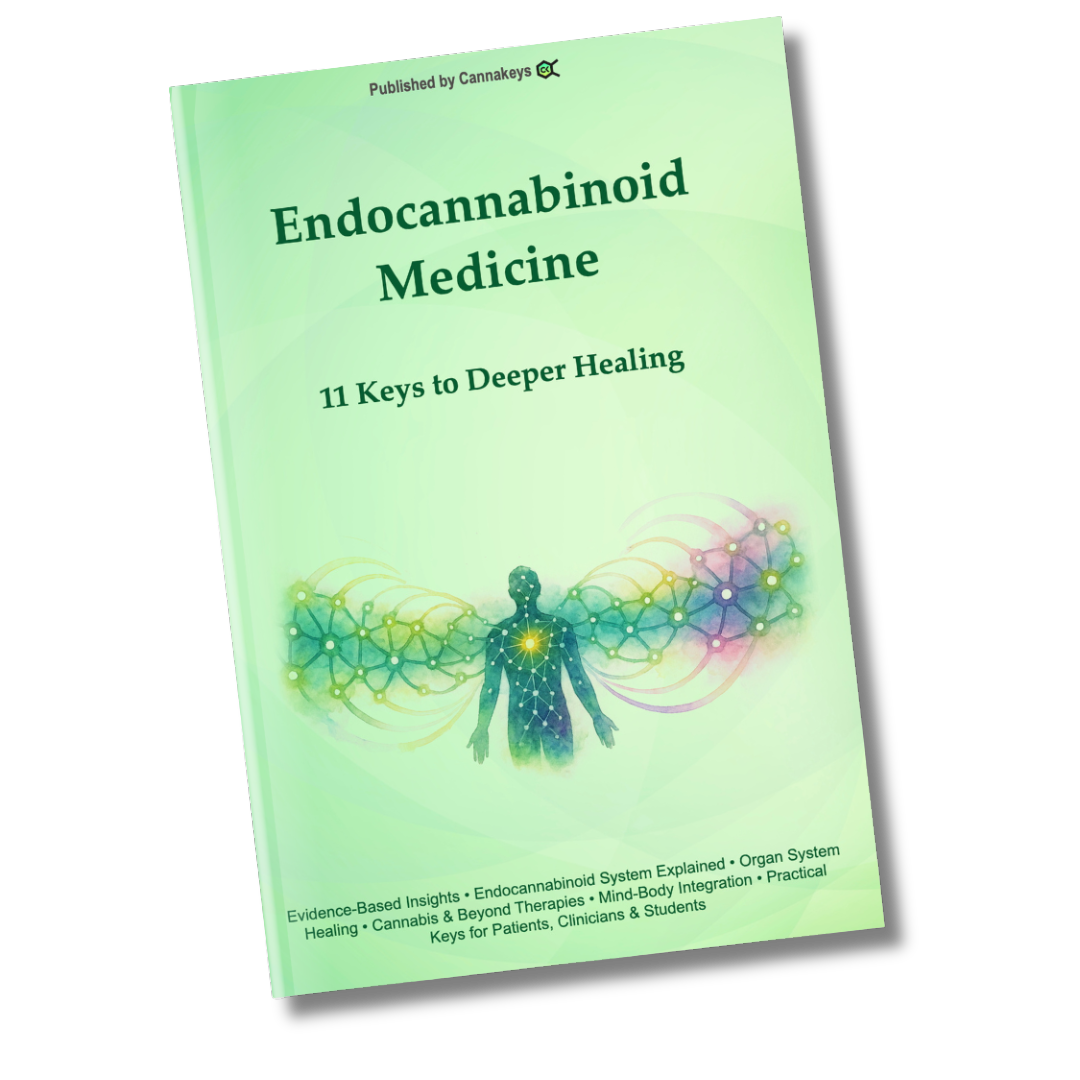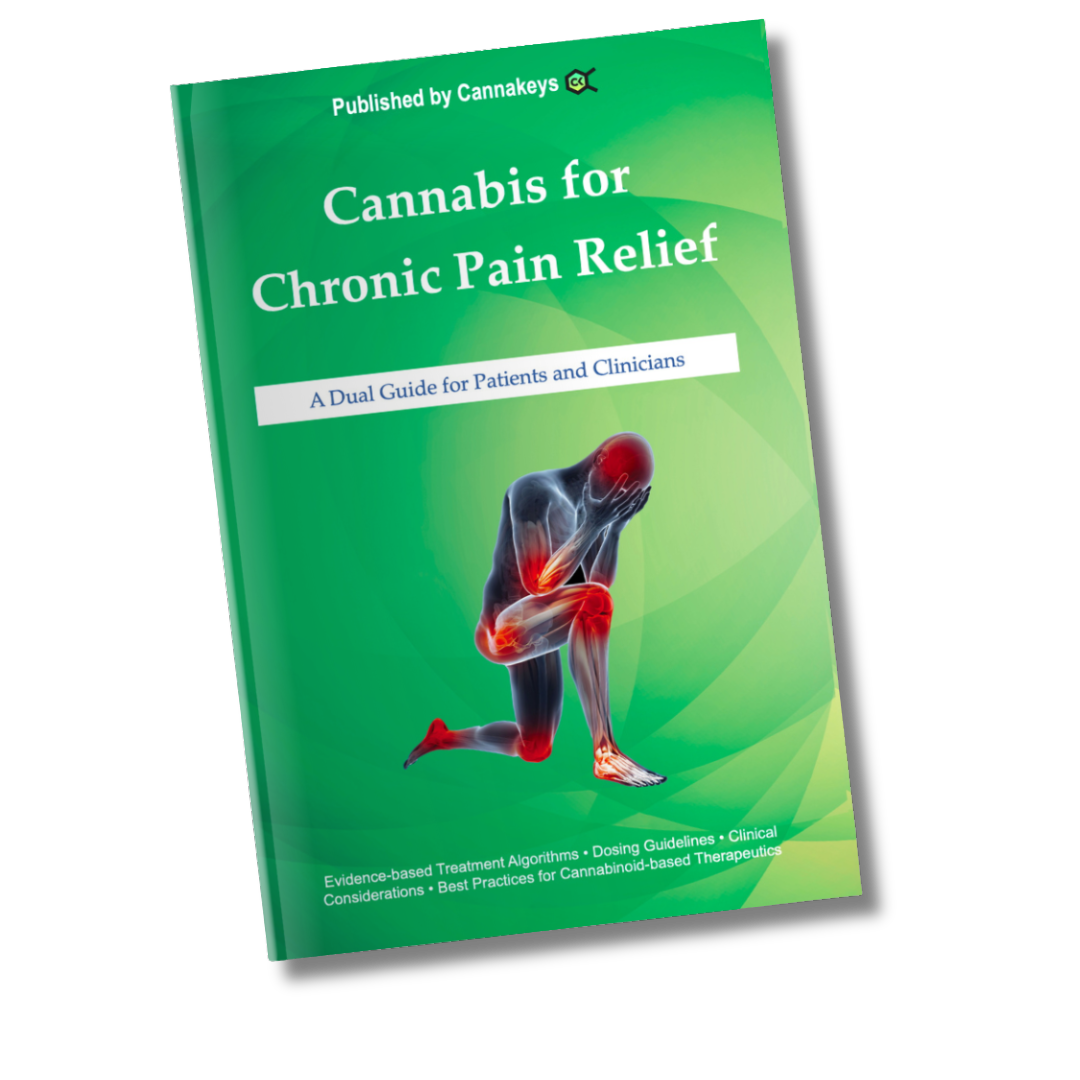Phytol Research Dashboard
What am I missing as a non-subscriber?
To see a full dashboard with study details and filtering, go to our DEMO page.
As a subscriber, you will be able to access dashboard insights including chemotype overviews and dosing summaries for medical conditions and organ system and receptor breakdowns for cannabinoid and terpene searches. Study lists present important guidance including dosing and chemotype information with the ability to drill down to the published material. And all outputs are fully filterable, to help find just the information you need. Stay up-to-date with the science of cannabis and the endocannabinoid system with CannaKeys.
CannaKeys has 33 studies associated with Phytol.
Here is a small sampling of Phytol studies by title:
- Therapeutic potential of cannabidiol-rich Cannabis sativa to mitigate the severity of inflammation and pain: A pre-clinical study
- Effects of a cannabidiol/terpene formulation on sleep in individuals with insomnia: a double-blind, placebo-controlled, randomized, crossover study
- Phytol and Heptacosane Are Possible Tools to Overcome Multidrug Resistance in an In Vitro Model of Acute Myeloid Leukemia
- Phytol loaded PLGA nanoparticles ameliorate scopolamine-induced cognitive dysfunction by attenuating cholinesterase activity, oxidative stress and apoptosis in Wistar rat
- In vitro, In vivo and In silico Antihyperglycemic Activity of Some Semi-Synthetic Phytol Derivatives
Ready to become a subscriber? Go to our PRICING page. Want to learn more about Endocannabinoid Medicine? Buy a book.

Endocannabinoid Medicine: 11 Keys to Deeper Healing
A clear, science-based guide to working with the endocannabinoid system for whole-body balance.
Buy Book
Cannabis for Chronic Pain Relief: A Dual Guide for Patients and Clinicians
A practical, evidence-based guide to using cannabis and cannabinoids for chronic pain.
Buy BookPage Quick Links
Select New Terpene
Overview - Phytol
What is Phytol?
Phytol is a terpene richly represented in nature as part of the larger molecule chlorophyll, which gives leaves their green color and is essential in photosynthesis. As chlorophyll breaks down, phytol is released. It is estimated that about 30% of chlorophyll is phytol.
It is used in many household products like cosmetics, fragrances, shampoos, soaps, and cleaners.
Phytol may have effects that are anti-inflammatory, antioxidant, anti-convulsant, antimicrobial (Staphylococcus aureus), neuroprotective, anti-parasitical (malaria), antihyperglycemic, anti-obesity, pain-reducing, anxiolytic (anti-anxiety), sedating, and may help destroy some types of cancer cells in vitro (adenocarcinoma, hepatocellular).
Is Phytol safe?
Phytol is a clear, colorless, oily liquid. In concentrated forms, it can cause skin irritation.
Scent Description
Floral, Jasmine, Jasmine green tea, balsam
Natural Sources
Green tea, jasmine, olive trees, wild lettuce
Cannabis Cultivars High in Phytol
OG Kush, Harlequin, Cannatonic, Trident
Phytol Properties and Effects
Phytol is associated with the following properties and effects:
- Anti-diabetic
- Improves glucose tolerance (H. Upadhyay et al., 2022)
- Anti-microbial
- Anti-parasitical (against Plasmodium berghei) (M. Usman et al., 2022)
- Anti-obesity (Ji-Yeong An et al., 2018)
Anti-inflammatory and antioxidant (via regulation of NF- κB and AP-1 activation, inhibits levels of IL-1β, IL-4, and TNF- α, neutrophil migration, reduces reactive oxygen species and reactive nitrogen species level by activating antioxidative defense system (Superoxide dismutase and catalase) and restoring Glutathione S-transferase)
Anticonvulsant, anxiolytic, sedative, and neuroprotective properties (via possible activities on GABA receptors, anticholinesterase, butyrylcholinesterase, β-secretase 1 (BACE1), attenuating macromolecular damage, antioxidant activities, and regulating apoptosis-mediated cell death)
Antimicrobial against Staphylococcus aureus and Pseudomonas aeruginosa (via inducing oxidative stress response in P. aeruginosa and damage to the cell membranes with bactericidal activity against S. aureus)
Anti-parasitical against schistosomiasis and Plasmodium berghei (via reducing worm burden, egg laying, suppresses parasitemia, reduces anemia, and oxidative brain damage in test animals infected with Plasmodium berghei)
A potential antihyperglycemic and antiobesity agent may improve oral glucose tolerance and increase brown adipocytes (via PPAR-α and -γ binding)
Pain-reducing (via central and peripheral actions, antioxidant properties)
Anticancer and anti-drug resistance activities. It may help destroy some types of adenocarcinoma, hepatocellular, lung, and skin epidermal cancer cells in vitro and ex-vivo.
It prevents drug resistance in AML models. However, it may also cause selective midzonal hepatocellular necrosis in mice (via apoptosis induction through activation of caspase-9/3 and inhibition of EMT in hepatocellular carcinoma cells, apoptosis in human gastric adenocarcinoma AGS cells through downregulation of Bcl-2, upregulation of Bax, the activation of caspase-9 and -3, PARP cleavage, and depolarization of the mitochondrial membrane, suppresses the P-gp expression via NF-κB inhibition in AML, interactions with β-C, AO-(2) and P may cause induction of apoptosis on A431 and HaCaT cells, antioxidant activities)
Last reviewed by Dr. Abraham Benavides, M.D., 05-27-2022
Phytol Receptor Binding
Endocannabinoid System (ECS) and Phytol:
N/A
Endocannabinoidome (eCBome) and Phytol:
- PPAR-α (Increased gene expression) (Ji-Yeong An et al., 2018)
Disclaimer
Information on this site is provided for informational purposes only and is not meant to substitute for the advice provided by your own licensed physician or other medical professional. You
should not use the information contained herein for diagnosing or treating a health problem or disease. If using a product, you should read carefully all product packaging. If you have or suspect that you have a
medical problem, promptly contact your health care provider.
Information on this site is based on scientific studies (human, animal, or in vitro), clinical experience, or traditional usage as cited in each article. The results reported may not necessarily occur in all individuals. For many of the conditions discussed, treatment with prescription or over-the-counter medication is also available. Consult your physician, nutritionally oriented health care practitioner, and/or pharmacist for any health problem and before using any supplements or before making any changes in prescribed medications.

